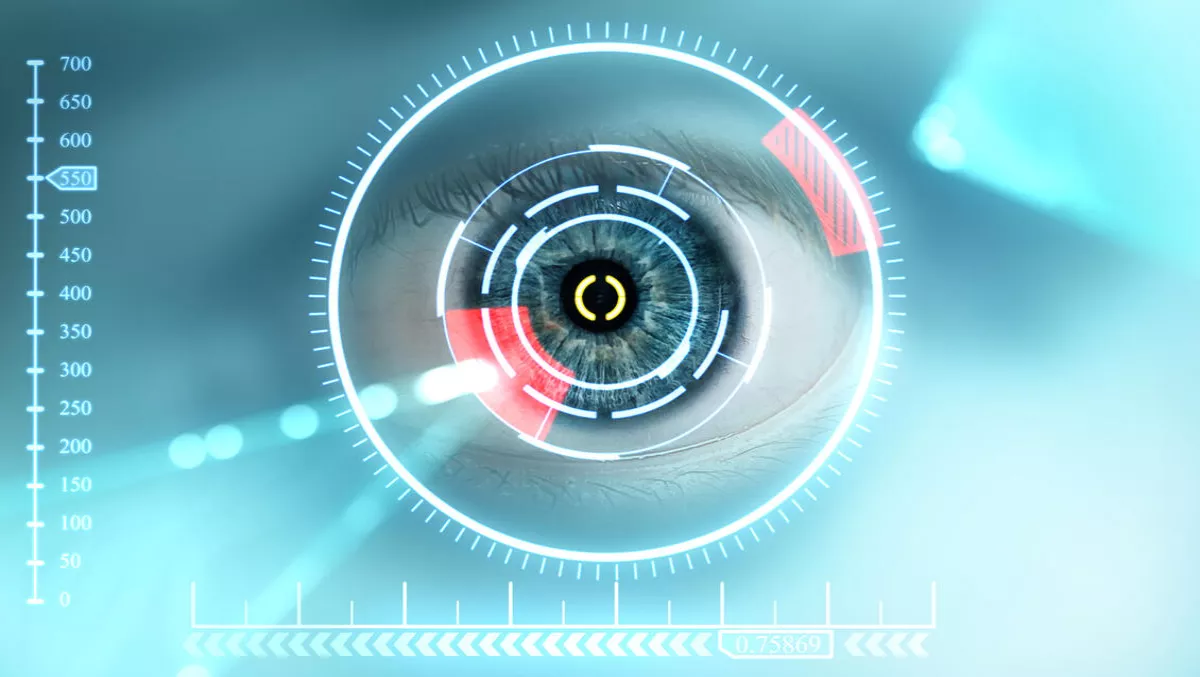
Cyber attacks on APAC companies have jumped from 160 attacks to 1667 attacks in just four months between April and July 2016, and Check Point believes that the Locky ransomware is partly to blame. The ransomware encrypts files on an infected system and then demands ransom payments in Bitcoins.
“There has been a significant increase in cyber-attacks in Asia Pacific and this will only continue to rise. The challenge for organisations is that the authors of these malwares continue to develop variants in attempts to evade detection.” commented Rami Ben Efraim, head of government and defence sectors from Check Point, who was speaking at Cybertech Singapore.
The Cybertech Singapore conference brought together more than 1000 cybersecurity professionals and startups from across the globe.
The conference discussed trends in advanced cyber solutions for IoT and human resources, big data intelligence and aviation.
“Ten years ago the most advance threats were virus and malware, today it is moving ahead. We are seeing more and more advanced threats, more money is being made from cybercrime than from prostitution or drugs. These are not hackers, they are attackers. These attackers manage military style campaigns, they learn the targets and the vulnerabilities and they know how to work like Special Forces. It's a battlefield in a civilian arena,” comments Brigadier General Ariel Karo, head of intelligence and cyber systems at Rafael.
Meanwhile Sanjay Aurora, Darktrace Asia Pacific managing director, says that organisations need to change their way of thinking about cybersecurity.
“The current approaches to cyber security are not addressing the issue. The majority of technology is still devoted towards the perimeter defence, whereas more often than not the threat is already inside the network. Organisations therefore need to adopt an ‘immune system' approach to be able to detect threats inside the network early, before a crisis develops," he says.
